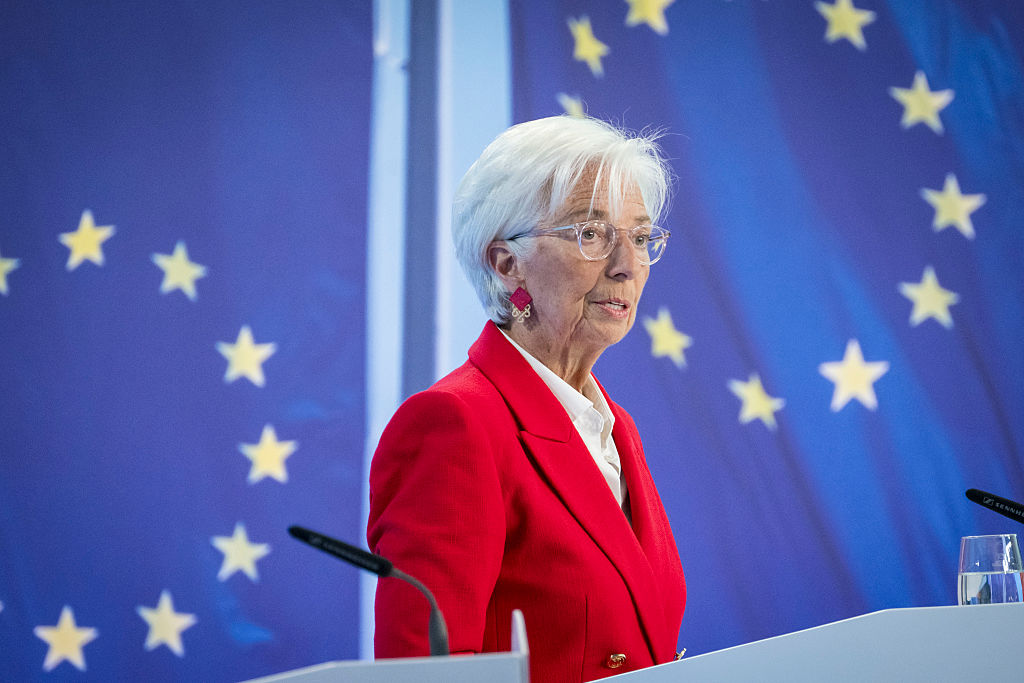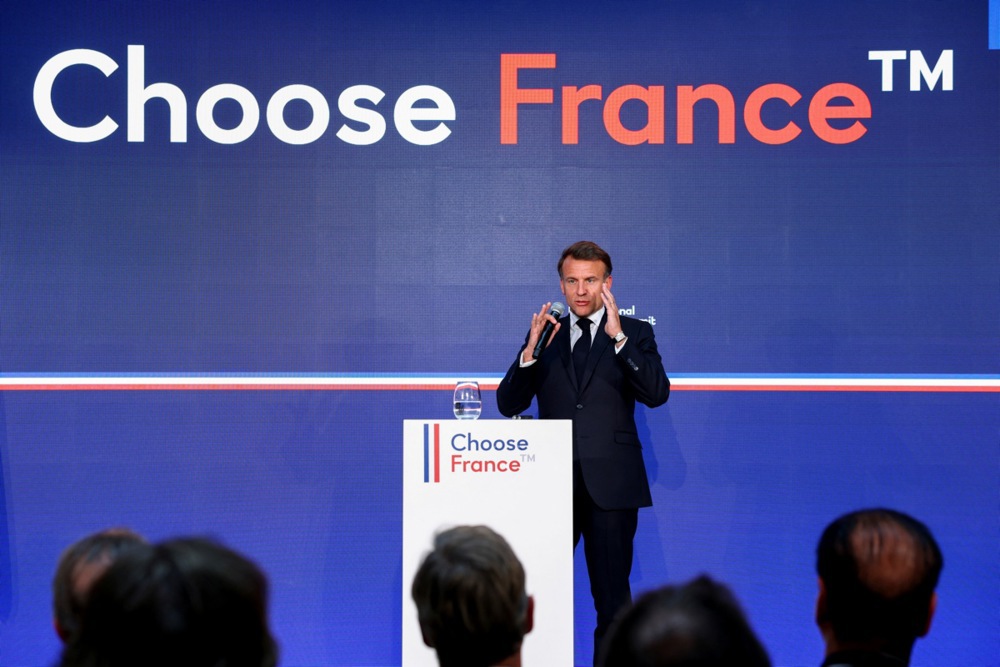The European Central Bank (ECB) might have to intervene in France following the fall of prime minister François Bayrou because political instability is worsening and prospects for debt reduction seem less likely, according to finance industry sources.
During his last speech to the French parliament yesterday, Bayrou warned that France’s debt had reached €3,415 billion. He said servicing that debt now cost more than the country gained annually through economic growth.
Peter Vanden Houte, chief economist at ING Belgium, told Brussels Signal: “If France were no longer able to borrow sufficiently in euros because the bond markets had too little confidence, there is the possibility that the ECB could intervene.”
With the French parliament ousting yet another prime minister — the fifth since 2022 — President Emmanuel Macron is confronted with a country that is increasingly difficult to govern.
Christof Govaerts, chief strategist at Nagelmackers, a Belgian bank, told Brussels Signal today: “In recent years, investors have shown more confidence in Italy than in France. Even if they are not supporters of Italy’s political leadership, markets trust that Italy has taken steps in the past to manage its debt.”
During his speech, Bayrou stated that France could not function without borrowing, since the government depends on loans to cover basic expenses such as civil servants’ salaries, pensions and healthcare reimbursements.
He was ousted before he could pass his €44 billion package of measures intended to freeze spending hikes.
Govaerts said his plan “would not have solved everything but it was meant to show that France could aim to bring its deficit down to 3 per cent”. It now sits at almost 6 per cent, well above European Union targets.
The ECB could intervene with its Transmission Protection Instrument (TPI), which allows the bank to buy a country’s bonds when borrowing costs rise too much — but only if said country proved it was making serious efforts to keep its finances under control.
Under the TPI, the ECB could buy French bonds. “However, this assumes that France makes efforts to reduce its budget deficit. So this would be a difficult issue for the ECB if France does not have a government,” Vanden Houte added.
Critics argue that the next prime minister is likely to be as ineffective as Bayrou in pushing through necessary budget cuts because the National Assembly is too fragmented.
France’s role in the eurozone bond market is especially important. Its weight in the government bond index is about 25 per cent, because French bonds make up about a quarter of the tradable government debt in the eurozone — the portion investors actually buy and sell.
“If you look at total eurozone public debt, roughly 20 per cent comes from France and 23 per cent from Italy,” Vanden Houte noted. These total shares include all outstanding public debt, whether actively traded or not.
This showed that while Italy has a slightly larger share of overall debt, investors often trusted Italy more than France because Italy has taken steps in the past to manage its debt and is structurally stronger in areas such as demographics and future pension obligations.
“France is effectively a very important player,” Govaerts said, “because if this were to escalate. it could very quickly develop into a financial crisis.”
At the moment, France still has a lower debt level than Italy: 114 per cent compared to 138 per cent of GDP.
“But the budget deficit is lower in Italy, and the Italian government will probably succeed in reducing that deficit to less than 3% per cent of GDP within two years, which certainly will not be the case in France,” said Vanden Houte.
“So, although the high debt could still be a problem for Italy in the longer term, the financial markets are currently less concerned about it, because the budget deficit is reasonably under control.”
That was due to measures taken by the Italian Government to lower future pension costs, among others, according to Govaerts, which was a sensitive topic for France.
Despite pressure from the right-wing National Rally party, which is calling for new legislative elections, Macron has yet to announce a decision. He said he will choose a new prime minister in the coming days.
Within his own camp, Renaissance party president Gabriel Attal called on the President to appoint “a negotiator, making it clear from the outset that he will not be prime minister” to bring the political forces to the table and “reach an agreement.”
“The President of the Republic must show that he is prepared to accept power sharing,” added Attal in an interview with Le Parisien yesterday.
Anne-Laure Dufeal contributed to this article.





